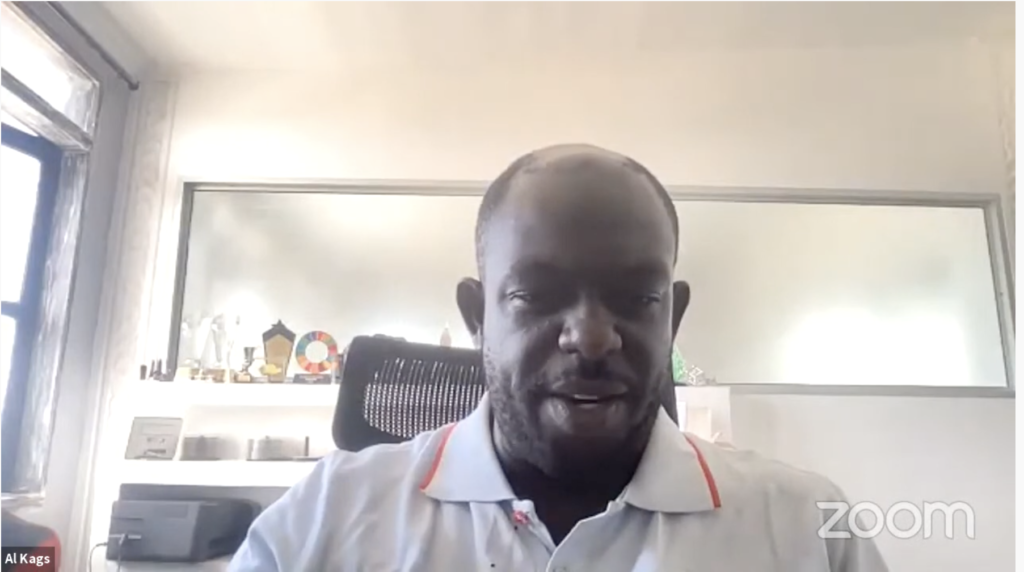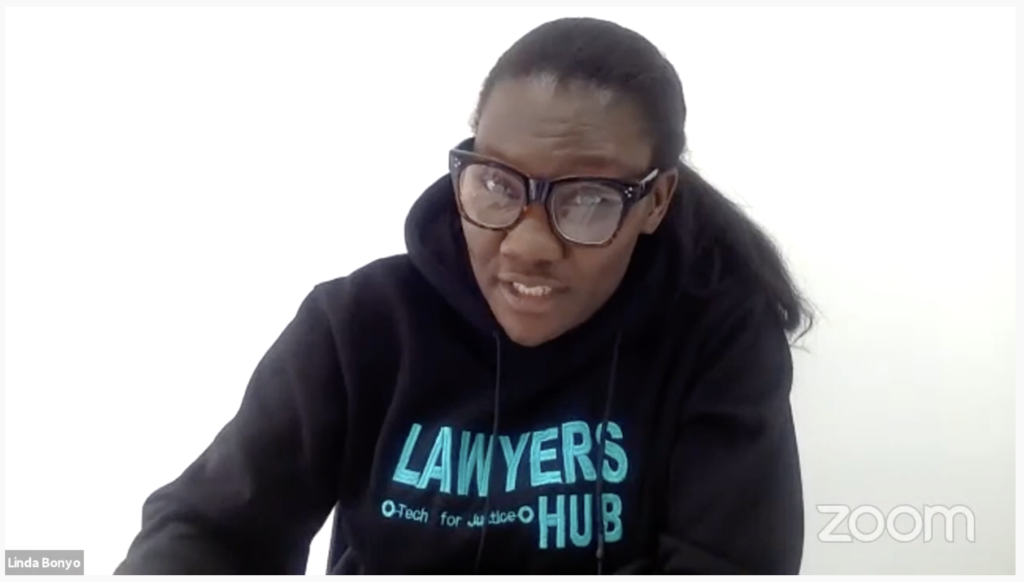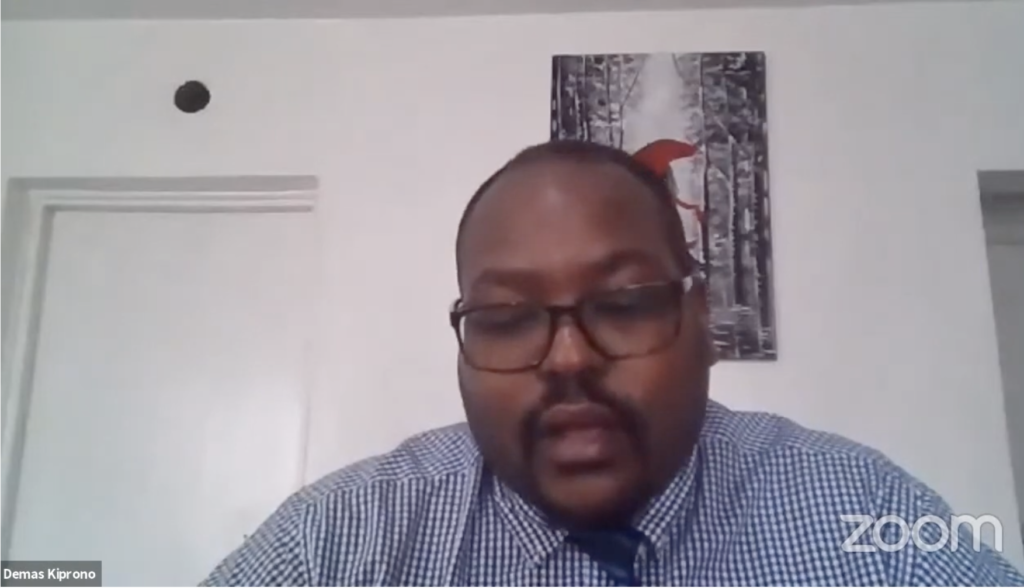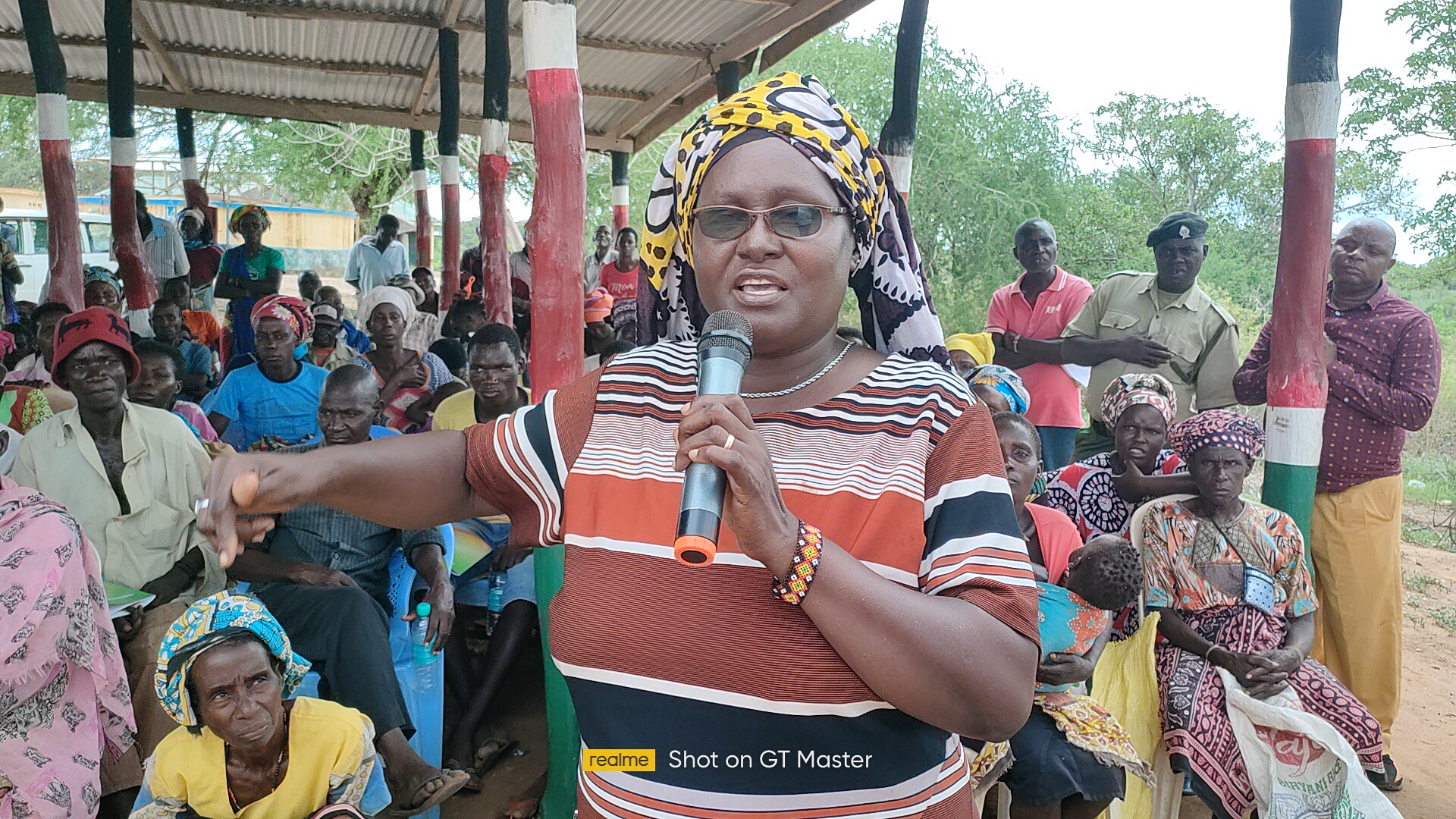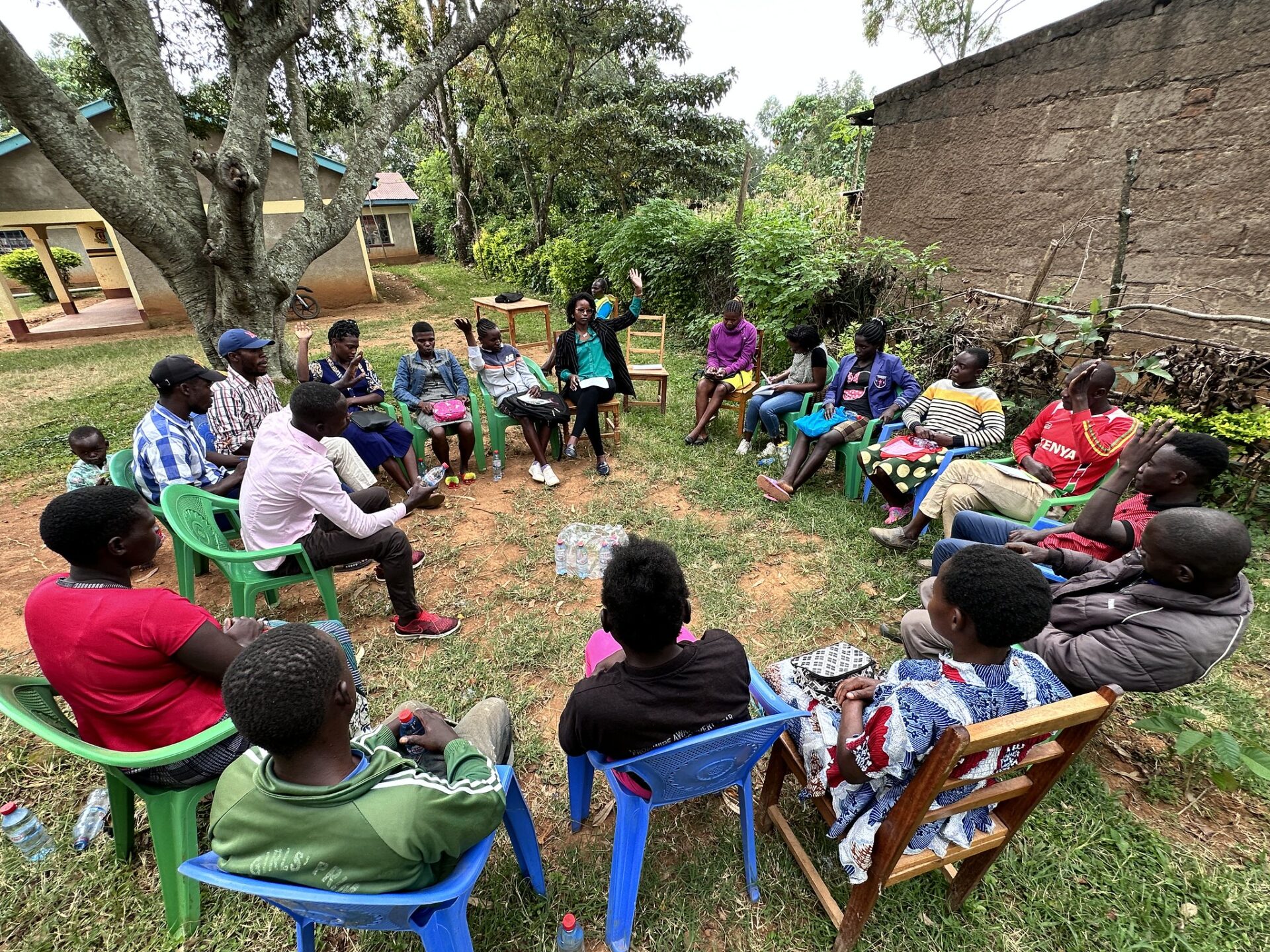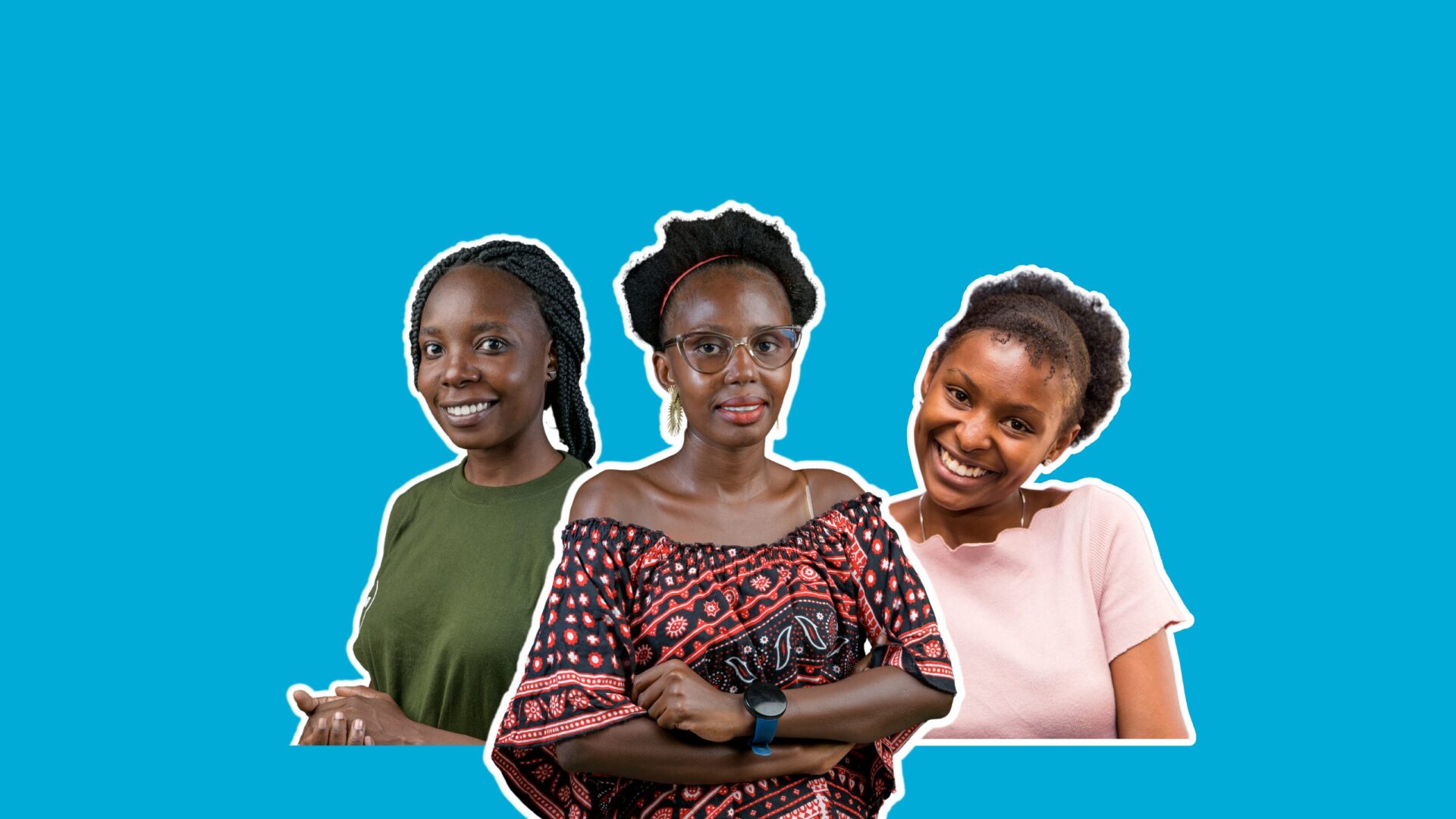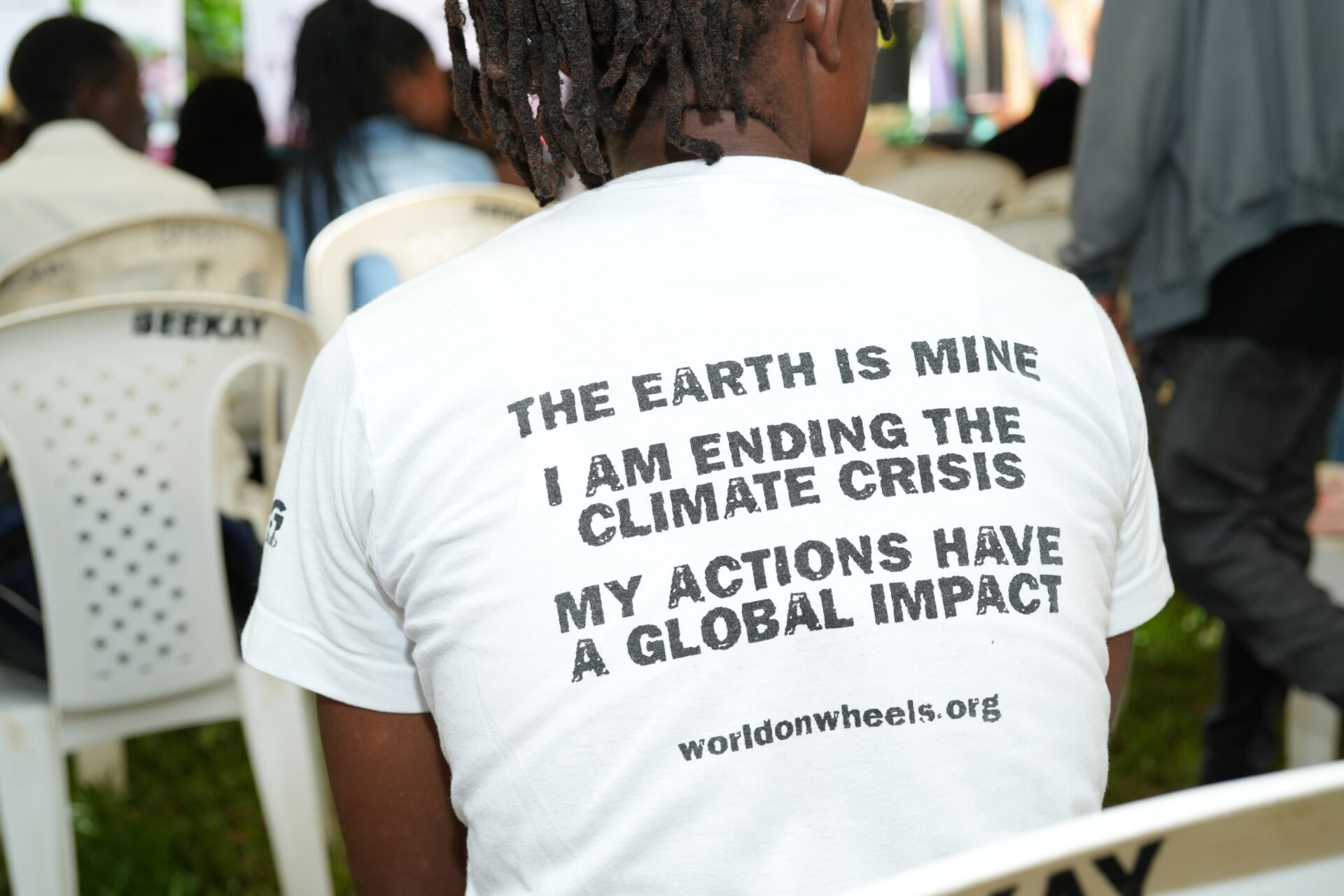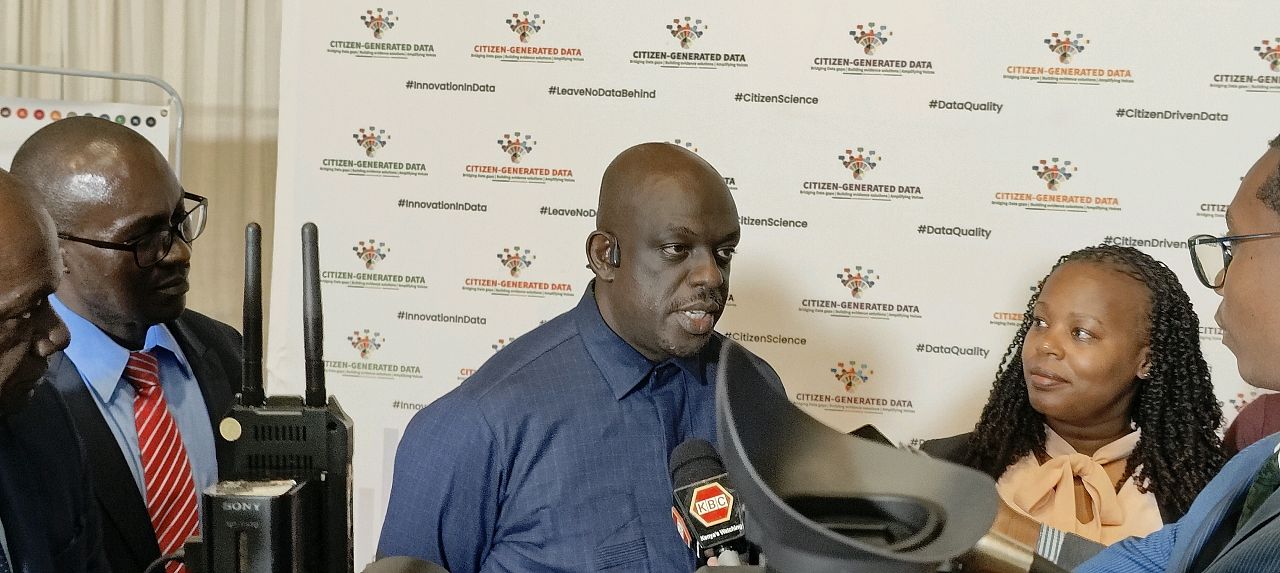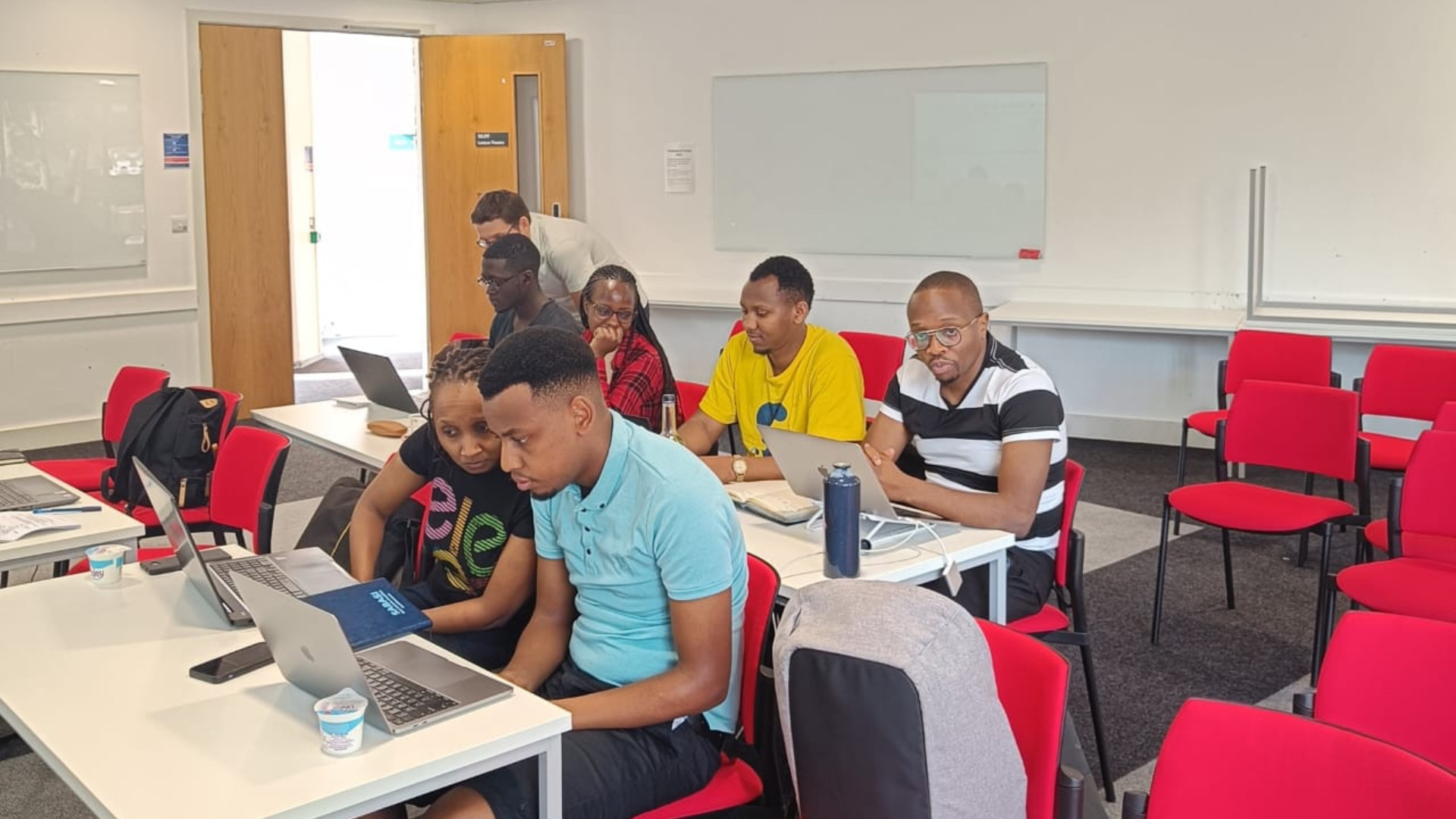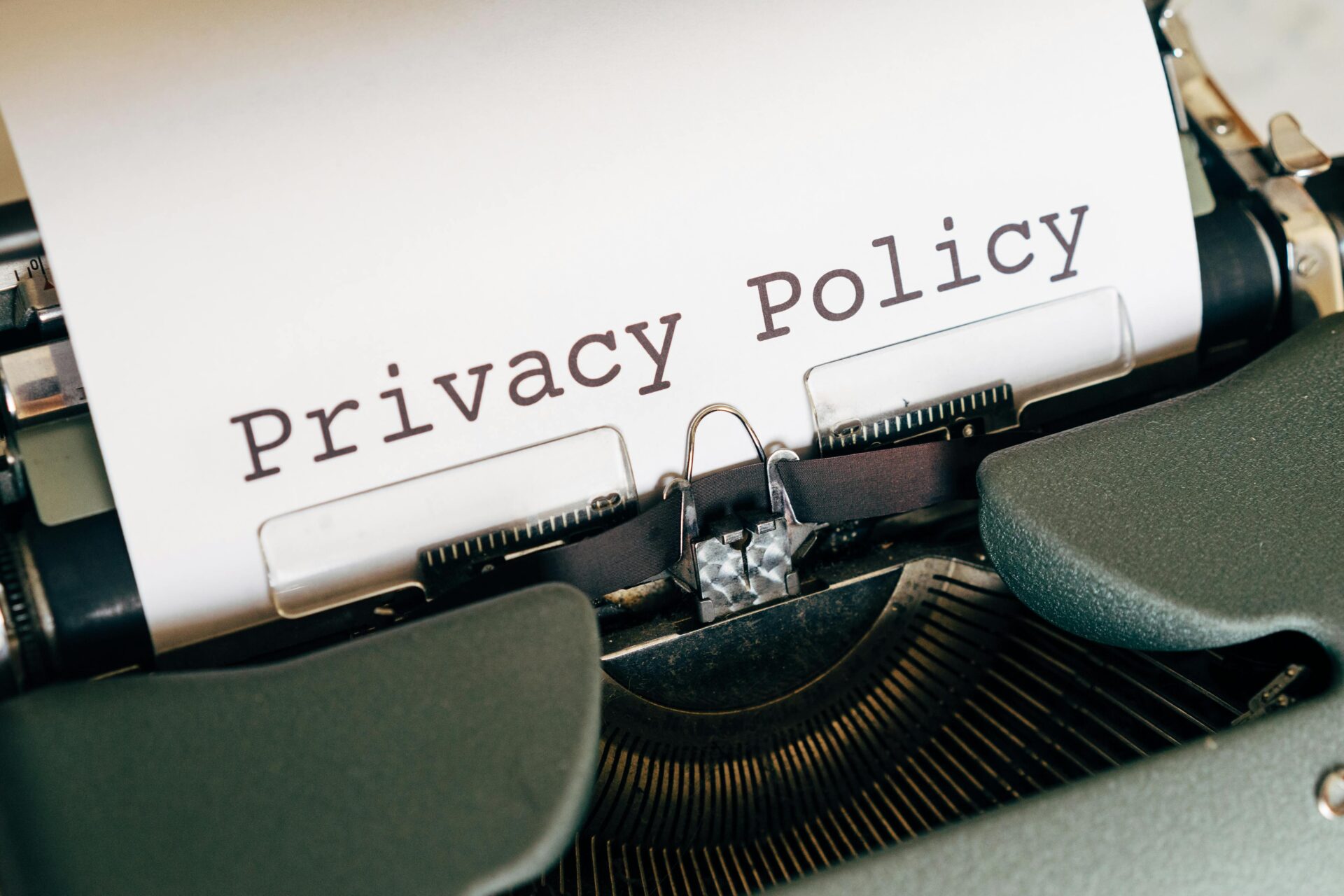WhatsApp was introduced into the market in 2009, but it was only in late 2011 that it gained popularity in Kenya. It attracted a number of users with its interesting features that encapsulated messaging, photo and video sharing among other features.
Eight years later, WhatsApp is not only owned by Facebook but has more features added to it making it more appealing for masses and increasing its penetration in most countries worldwide. With the new ownership came the first new terms and conditions in 2012 which most users agreed to without reading. A new set of terms and conditions were unveiled by the company early this year which caused quite a stir online. Data protection experts, governments and civil societies went up in arms with the new terms and the extent in which individual and business data is collected from the platform.
At the Open Institute, we convened an informal lunch time chat to discuss the new terms and conditions and to try and explain what the impact of them would be to the everyday citizen. Together with some of our learned friends who had expertise in the matter, we set out to find out what Tom Orrell, Managing Director of Data Ready UK Ltd. Linda Bonyo of Lawyers Hub and Demas Kiprono of Amnesty International Kenya had to say about the new terms and conditions and why we should be bothered.
Tom kicked off the chat by breaking down the impact that the new terms will be having on all of us once they are affected.
“What we have to note is that even with the new terms no one will have the privy to messages or documents, what can be accessed however is the metadata which is data about the data.”
Tom Orrell, DataReady
In other words, he explained that Whatsapp and Facebook would be able to have such data as where, you operate from, what businesses you engage, what times you text, call or video call, etc. Tom did a good job of explaining that Facebook as a company would like to know when messages are sent, how long phone conversations take, basically collect metadata that tells alot about individuals and is imminent when creating a pattern. He further explained that the new terms have a deeper effect on individual to business communication and vice versa. Does this mean that the Micro, Small and Medium Enterprises (MSMEs) in Kenya who contribute approximately 40% of the GDP are susceptible to any form of surveillance or privacy breach according to the new terms?
Tom clarified that accepting the new terms simply means allowing WhatsApp to share more data with its parent company Facebook, who are known for surveillance and breaching data privacy. The data that can be collected from Whatsapp includes location, photographs, contact list email addresses among others. This means that one company has access to a lot of data which can be used to create a focused profile on an individual. This data, according to Tom, is sold to advertising companies who in turn use it to target products to us. The power dynamic comes in because of Facebook’s monopoly; the big tech controls not only Facebook and WhatsApp but also Instagram, hence a big chunk of our data is in the hands of one company which is risky to say the least.
Tom highlights the money dynamic that was unknown to most of us: “There is utilisation of people’s private data to develop a business model; that is very exploitative and obstructive without giving anything back to the local community.” This is of course backed up by the fact that Facebook doesn’t pay taxes in Kenya and many other countries in which it operates.
“The new whatsapp terms impact people, people’s rights, power and power dynamics, money and how the money is used”
Tom Orrell, DataReady
The impact on an individual
Linda Bonyo from the Lawyers Hub opened us to the fact that close to 97% of Kenyans use WhatsApp. This paints a picture of the penetration that the app has in the country; from the city to the grassroots, almost everyone has access to the platform which might not be as encrypted as the platform implies. With constant change in terms and conditions, WhatsApp puts all these people at risk of data leaks when it comes to their private conversations and information as a whole.
Linda highlighted the power of data which unfortunately most Kenyans are not aware of.
“It is unfortunate that most Kenyans don’t take the necessary precautions when it comes to their data and privacy, this of course can be seen in how we not only accept cookies online but also agree to terms and conditions without much thought”.
Linda Bonyo, Lawyers Hub
Since the issue of data privacy is still an elite conversation, then Wanjiku, who doesn’t understand how invaluable her data is, will still continue using the platform without realising the harm that her data is exposed to.
For those who are not on WhatsApp, Linda explained that their data and privacy is still at risk. Third party sites in most cases are still intertwined with Facebook and one’s data can still be accessed without their knowledge or any form of consent.
Does the government have a role in this? Linda pointed out that the UK, under GDPR has made negotiations as to how much weight WhatsApp has on its citizens’ data. The same applied to Brazil but at the moment, the Kenyan government has not made any intervention with WhatsApp.
Do third parties benefit from our data when we use Whatsapp, if so how?
Demas Kipprono pointed out the fact that at the moment, WhatsApp collects 15 metadata and shares it with Facebook servers. It is a well known fact that WhatsApp is part of the Facebook family and partners with banks and other third party services to offer user services on their app. The take-it-or-leave-it nature of the business shows the power dynamic that we as individuals face against the platform. In most developed countries like Germany, special laws have been passed in accordance with the use of WhatsApp; unfortunately, in Africa where most countries don’t have any form of Data Protection laws, the situation is different. A good example is Kenya where we are still at the initial stages of setting up the Office of the Data Protection Commissioner.
Demas alluded to the fact that with the data collected, the big tech can manipulate how one thinks. Since Facebook not only controls WhatsApp but also Instagram and Facebook messenger, they have the capacity to influence how their user thinks and even going as far as polarising an individual, a reality that is made easier by the fact that they have a focused profile on users.
The take or leave option that WhatsApp is currently dishing out to users shows digital coercion, as they are forcing people to accept terms and conditions for a platform that they know the vast majority of the population uses to engage with business, loved ones and, even to some extent, the government. In countries low and middle income countries such as India and others in Africa, WhatsApp is not only used to keep in touch with loved ones, but also to engage with political representatives or in political dialogue. Such countries have little infrastructure available to the public in terms of other platforms of communication, hence when WhatsApp threatens to kick anyone out who declines to consent to their new terms and conditions, this makes it a public policy issue.
What roles do different organisations play in this conversation?
Role of CSOs
CSOs can:
- Engage the office of the DPC to speak to the latent violations that will come up with the affecting of the new regulations i.e withdrawal of consent.
- To continue the fight of educating the public on the importance of individual data, the power that is in the data and how to protect one’s data.
- Have conversations with the government on ways in which as a country we can ensure that the data of individuals are not susceptible to any breach or violations.
Role of Government officials
Government officials do have a major role where this conversation is concerned:
- Put up, pass or update data protection laws and find ways in which these laws can be used to counter these regulations like the new whatsapp terms among others and in a larger sense the big tech companies as a whole.
- Strategic mitigations, suing the companies involved.
- Pushing for the Office of the Data Protection Commissioner to engage with Facebook on these issues.
Where do we go from here?
We need to:
- Build literacy on digital rights and data protection: this will aid in ensuring that people do understand the WhatsApp terms and conditions and their impact on privacy and data to an individual. This will of course lessen the laxity that most of us have on this issue.
- Push for a privacy culture among Kenyans.
- Spread awareness on other alternative platforms that people can migrate to instead of using WhatsApp.


